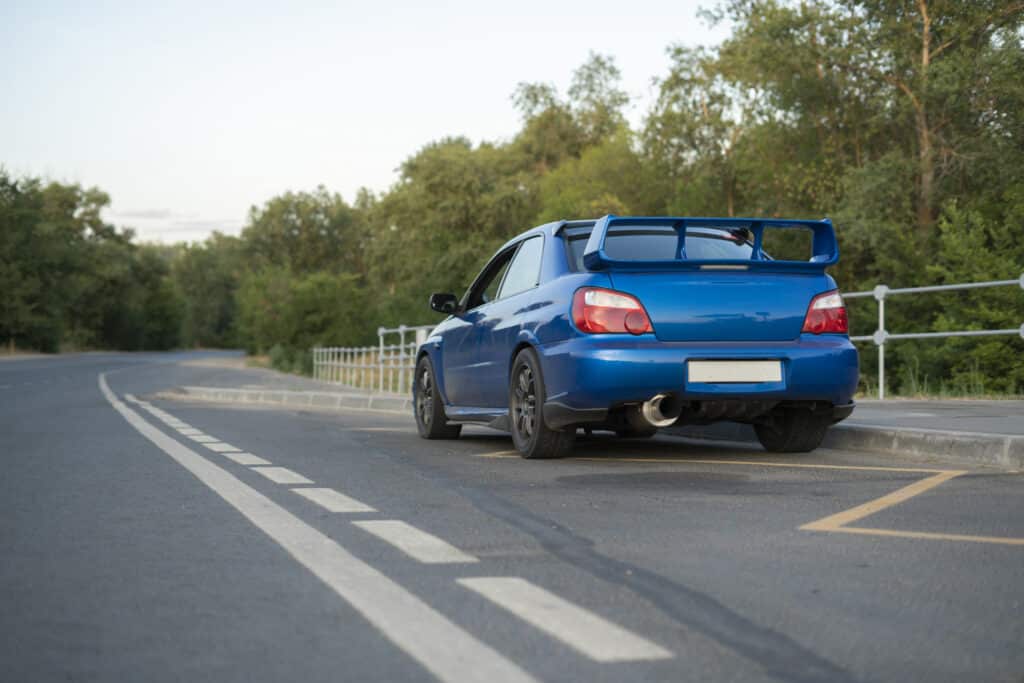
JDM cars, short for Japanese Domestic Market vehicles, have taken the automotive world by storm, especially among enthusiasts in Canada. Known for their unique engineering, stylish designs, and legendary performance, JDM vehicles offer something truly different from what’s available in the North American market. But getting your dream JDM car into your garage isn’t just about buying it, it’s about understanding how to import it legally, insure it properly, and keep it roadworthy.
This guide covers everything you need to know about buying, importing, and insuring a JDM car in Canada, with a special focus on Manitoba regulations and MPI insurance.
1. What Are JDM Cars and Why Are They So Popular?
JDM vehicles are cars manufactured specifically for sale in the Japanese market. They often feature design elements, engine options, and trim packages that differ from the versions sold elsewhere in the world. These cars are typically right-hand drive and offer advanced features that weren’t always available in North American models at the time.
The popularity of JDM cars has skyrocketed thanks to their presence in racing culture, video games, and movies like The Fast and the Furious. Enthusiasts also appreciate their reliability, relatively low mileage, and standout styling. Popular models include the Nissan Skyline GT-R, Toyota Supra, Mitsubishi Lancer Evolution, and Honda Integra Type R.
In Canada, vehicles must be at least 15 years old from the date of manufacture to qualify for import under Transport Canada’s regulations. That rule opens the door for many classic JDM models to find new homes here every year.
2. How to Buy and Import a JDM Car to Canada

Importing a JDM car to Canada involves more than just clicking “buy now.” Here’s a step-by-step overview to help you navigate the process:
Step 1: Choose the Right Vehicle
Start by researching makes and models that appeal to you and meet the 15-year import rule. Some enthusiasts prefer purchasing through Japanese auctions or specialty dealers who handle international sales. Reputable exporters such as vehicles exported by JCD offer a wide range of models and can help guide you through the paperwork and shipping process.
Step 2: Handle the Import Process
Once you’ve selected your vehicle, work with an import broker or prepare to manage the documentation yourself. You’ll need:
- Export certificate (with translation),
- Bill of Lading,
- Purchase invoice,
- Form 1 (for Canada Border Services Agency),
- Compliance statements, if necessary.
The vehicle will usually ship via roll-on/roll-off (RoRo) or container shipping. Upon arrival, it will go through customs, where applicable taxes and duties must be paid.
Step 3: Pass Safety Inspection
Before registering your vehicle, it must pass a provincial safety inspection. Depending on the province, modifications such as side marker lights, daytime running lights, or speedometer conversions may be required.
3. The Cost Breakdown: Budgeting for Your JDM Import

Importing a JDM car can be cost-effective, but there are more expenses involved than just the sticker price.
Here’s a breakdown of potential costs:
- Purchase price of the vehicle
- Auction fees (if applicable)
- Export service fees
- Shipping costs (RoRo or container)
- Customs duties and GST
- Provincial sales tax
- Safety inspection and registration fees
- Insurance premiums
- Optional modifications or restoration
By planning ahead and working with reliable exporters and brokers, you can keep costs under control and avoid surprise expenses.
4. Registering and Insuring Your JDM Car in Manitoba with MPI

Once your vehicle arrives and passes inspection, it’s time to register it in Manitoba. You’ll need to visit an Autopac agent to handle registration through Manitoba Public Insurance (MPI). Before you can legally drive your JDM car, it must meet all provincial safety standards and be properly insured.
One thing to keep in mind: some right-hand-drive vehicles may present challenges when it comes to insurance eligibility or premiums. Modifications can also affect your rates, so it’s essential to disclose any aftermarket parts or upgrades when applying for coverage. Additionally, If your vehicle has been seized, you will need to obtain specialized impounded car insurance to secure its release from the compound.
Working with an experienced mpi insurance broker can help simplify the process. Brokers can explain coverage options, assess your vehicle’s risk profile, and help you find a policy that fits your budget and needs. They’ll also ensure your documentation is in order and answer any questions about insuring imported vehicles in Manitoba.
5. Final Tips for JDM Enthusiasts in Canada

Owning a JDM car is an exciting journey, but it comes with responsibilities. Here are some final tips to keep your experience smooth and enjoyable:
- Join JDM communities: Local clubs and online forums are great for learning about your car, sharing experiences, and attending meets or shows.
- Understand the right-hand drive adjustment: It may take some time to get used to driving on the right side of the car. Practice in low-traffic areas before hitting the highway.
- Find specialized mechanics: Not all garages are comfortable working on JDM imports. Look for mechanics with experience in right-hand-drive vehicles and access to imported parts.
- Keep documents organized: From your import paperwork to MPI registration and insurance records, having everything in one place will save time down the road.
- Stay compliant: Laws and insurance requirements can change. Make it a habit to stay up to date with provincial regulations and vehicle import updates.
By taking the time to research, prepare, and work with the right professionals, you can enjoy the thrill of owning a rare and legendary JDM car in Canada. From the initial purchase to securing MPI insurance, every step adds value to your automotive adventure.
- 1share
- Facebook0
- Pinterest1
- Twitter0



